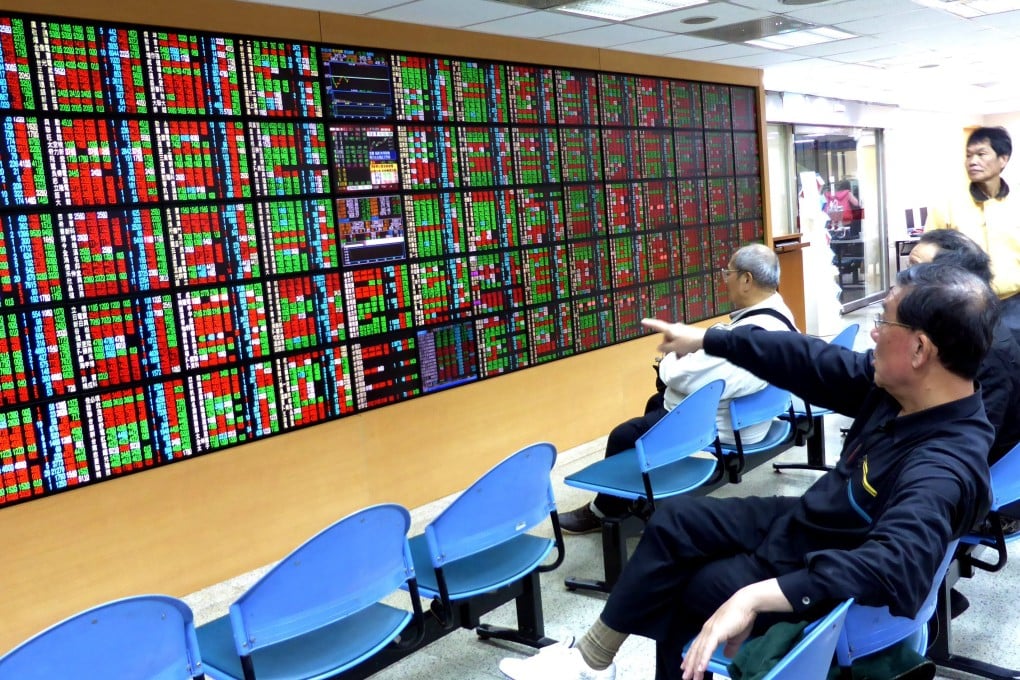Portfolio | Taiwan stock market a hidden gem while Hong Kong and Shanghai shines

Taiwan’s stocks, caught in the backwash of the sparkling rally which hit Hong Kong and Shanghai, are described by financial services firm Jefferies as a “stealth bull market.”
“Our optimism on Taiwan was not based on any ‘Taiwan-Shanghai’ connect, but it should be pointed out that in 2012 the Taiwanese central bank signed a Memorandum of Understanding with the mainland allowing for direct settlement of the Renminbi and New Taiwan Dollar,” said a Jefferies report.
“Investors have overlooked the favourable competitiveness of the (Taiwan) economy, the tight labour markets, sensible fiscal policy and as well as the booming trade surplus. Interestingly, the low stock market turnover to market cap highlights the low level of speculation,” said Jefferies.
This was echoed by an HSBC report.
“Investors looking for North Asia exposure should now consider Taiwan, a market that is unique in Asia in that it is the only one trading at a discount to its five-year history. All other markets trade at a premium,” the lender said.
Amidst news that the Taiwan Stock Exchange is in talks to link up with the bourses of Shanghai and Hong Kong, the market in Taipei has enjoyed a bull run in recent weeks.
The Taiwan Stock Exchange Weighted Index has soared to a 52-week peak at 10,014.28 hit on April 28, having rallied 17.79 per cent from a 52-week low of 8,501.29 on October 16, 2014, a gain of 1,512.99 points in slightly over six months. The market then corrected slightly to 9,820.05 points on April 30.
